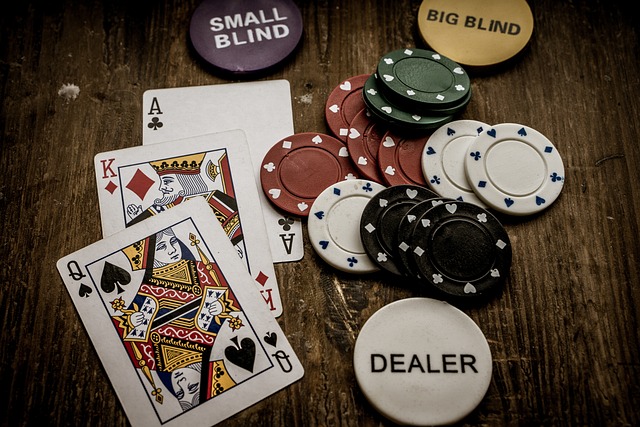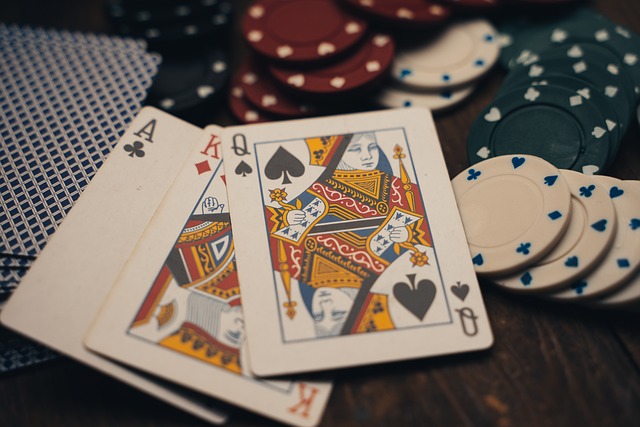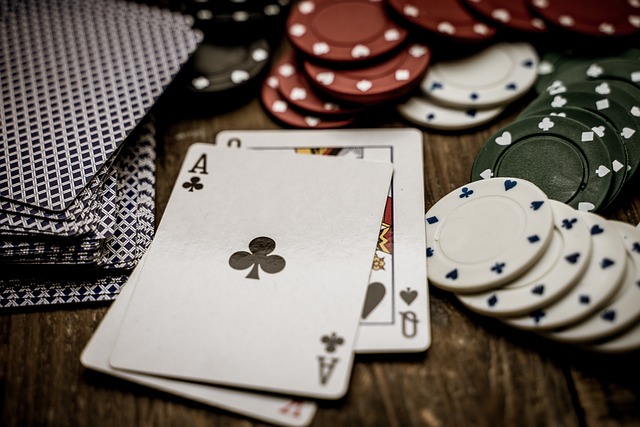The silent challenge: the role of poker in historical and diplomatic conflicts
February 11, 2024

Betting is not just logging in casinos, sometimes the fate of nations is decided on a green table. The deck of cards slides across the table, an unspoken challenge issued not on the battlefield but in the smoky interiors of closed rooms, where world leaders and generals bluff and bet as gravely as they move pawns on the global chessboard. In the game of poker, as in international tensions, each player observes his opponent, looking for signs of weakness or the intention of an imminent attack.
The wartime origins of poker: the American Civil War
In America torn apart by the Civil War, poker transformed from a pastime to a tool for psychological evaluation. Officers and soldiers, under the dark sky of conflict, found in poker a field to practice the art of war without bloodshed. Learning to read the opponent became essential, reflecting the game of tricks and alliances that were formed even outside the playing field.
Poker in the Control Room: World War II

When the Allied Powers gathered at Yalta in 1945, leaders such as Churchill, Roosevelt, and Stalin found themselves playing poker games that reflected the ongoing negotiations. In these sessions, every card revealed, every bluff, had the weight of a piece of territory gained or lost. Poker thus became a silent arena where much bigger games were played than those limited to the green felt of the table.
The Cold Duel: Poker in the Cold War
The Cold War transformed poker into a perfect symbol of the ideological struggle between East and West. Tales of poker games between agents of opposing factions circulated as metaphors for global tensions, where any move could be a bluff or a decisive move. The Cuban Missile Crisis was often described as a dangerous poker game between Kennedy and Khrushchev, with the whole world waiting to see who would show their cards first.
Poker in modern conflict theory

Today, poker is studied in military academies and strategy schools not just as a game, but as a method of honing decision-making and strategic skills. The teachings of poker, with its balance between risk and calculation, between intuition and strategy, offer valuable lessons for those who must navigate the complex waters of international diplomacy and conflict management.
These games are not just card games but intense representations of personal and political battles, illuminating how even in the most compelling narratives, poker symbolizes deeper and more universal conflicts.
Conclusion: beyond the game, an intelligence tool
From the smoking halls of the 19th century to the international summits of the 21st century, poker has proven to be much more than just a pastime. It is a tool through which complex dynamics, both personal and global, can be deciphered. In the tension-filled silence of a poker hand, the thrill of diplomacy and military strategy is reflected, where each player keeps their cards close, aware that the result could change not only the course of an evening, but of history itself.